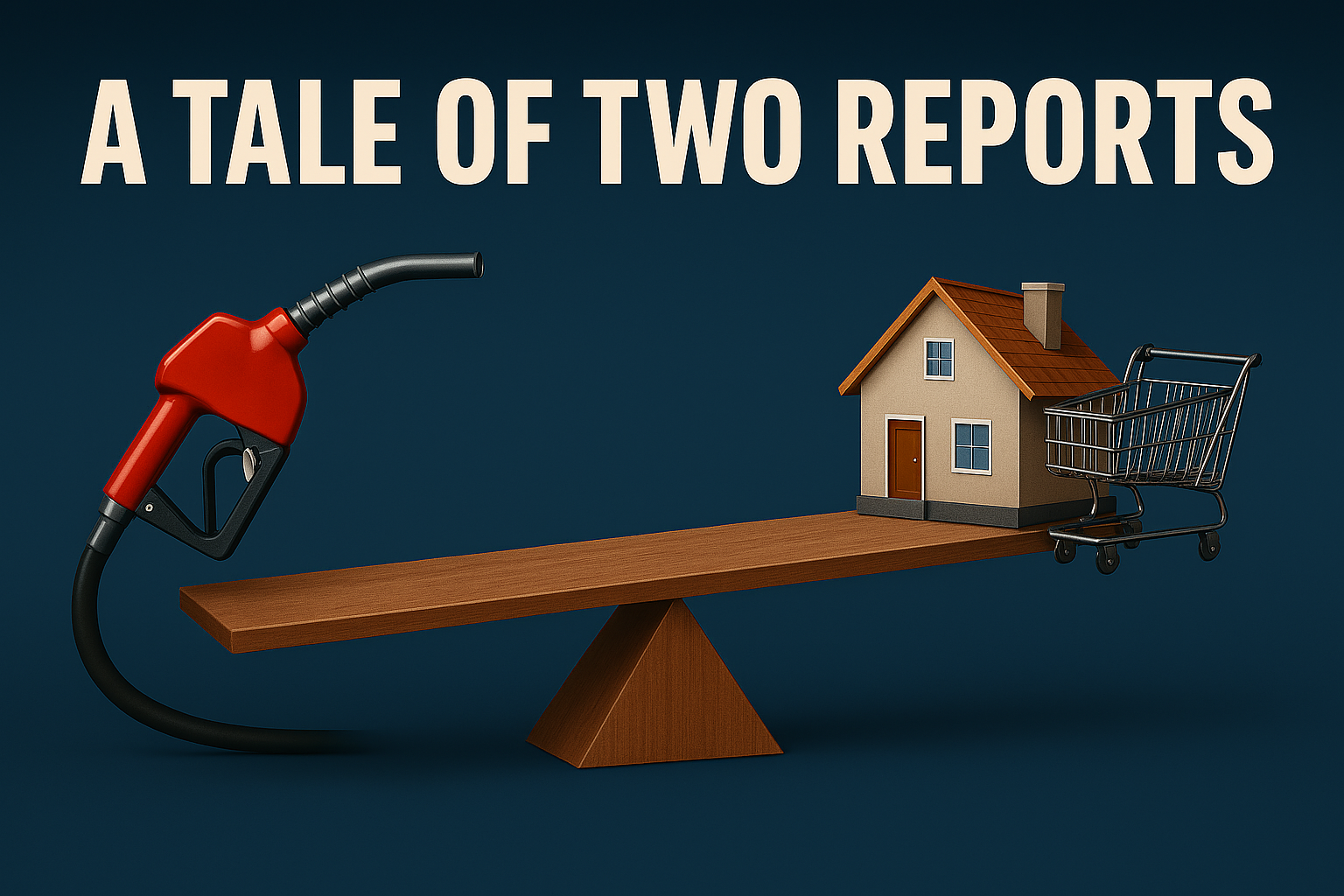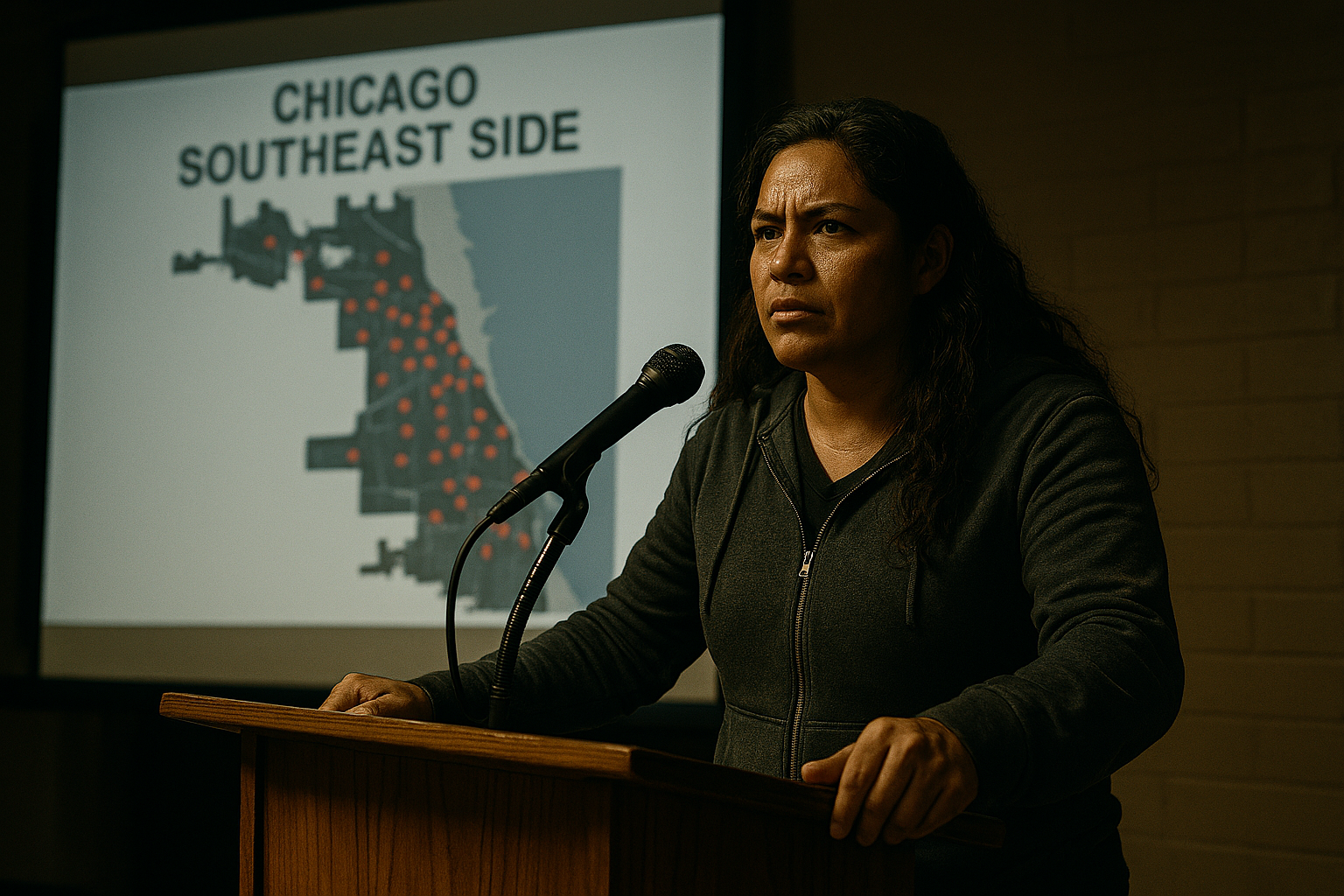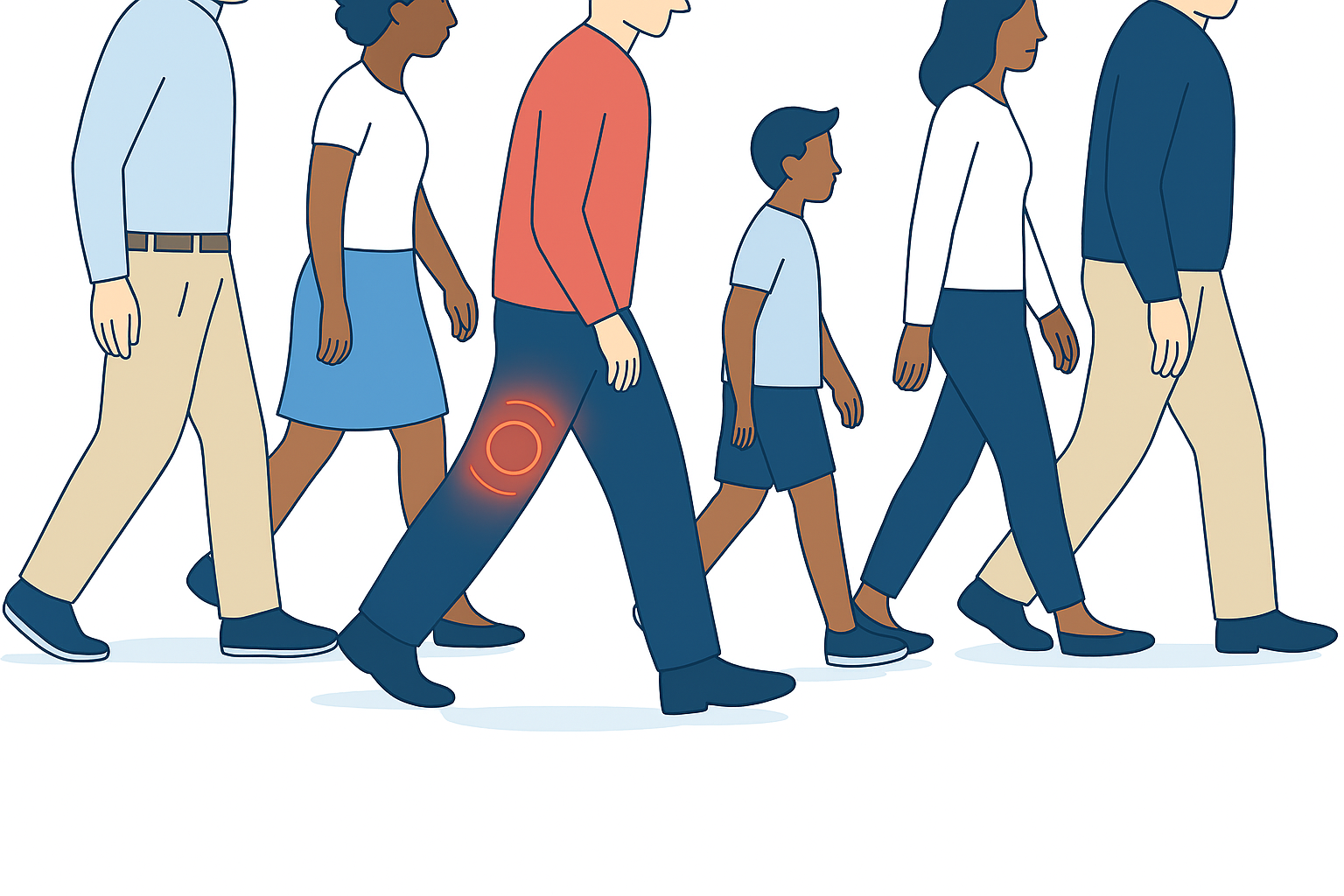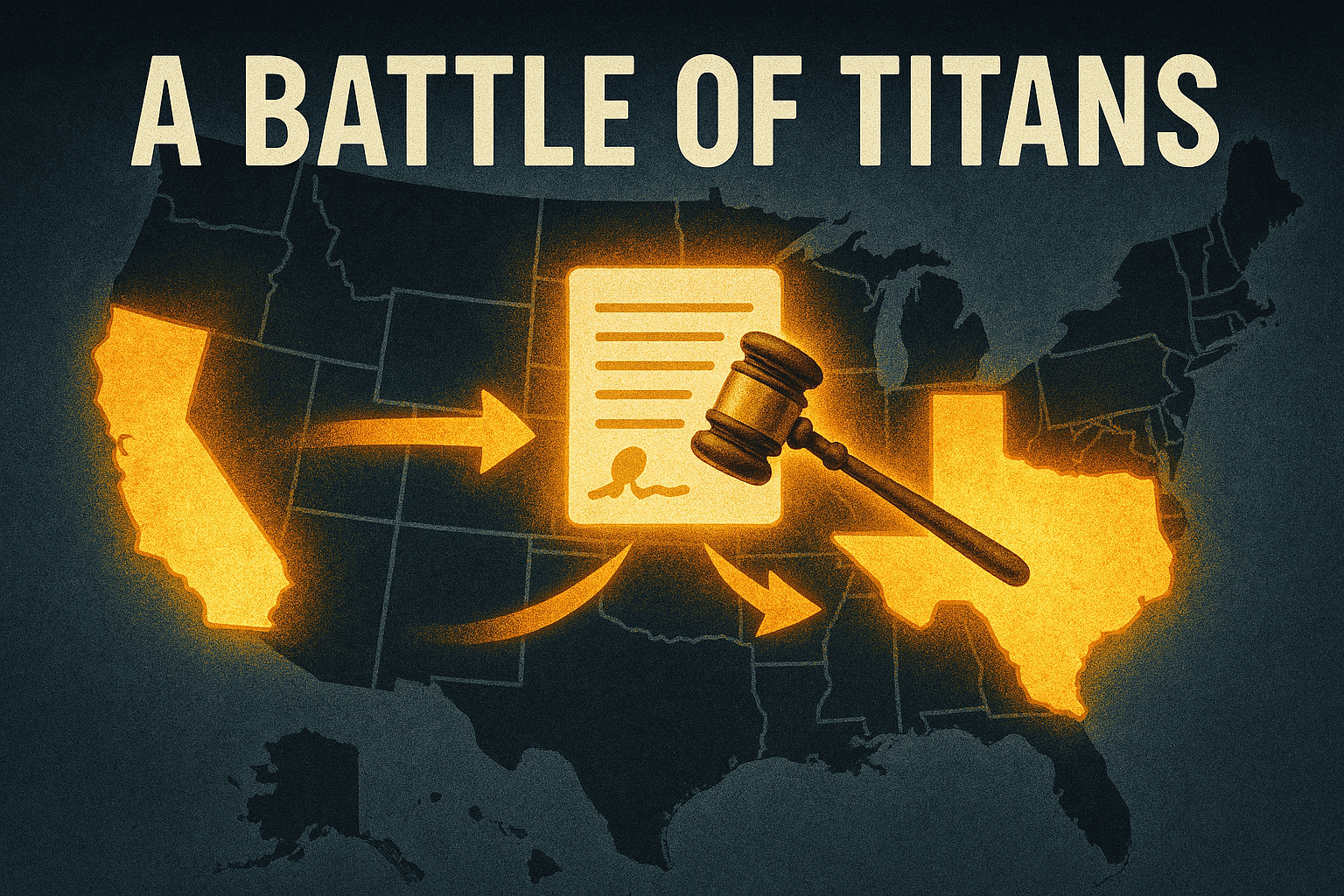Trump Vows to Clear DC Homeless Camps
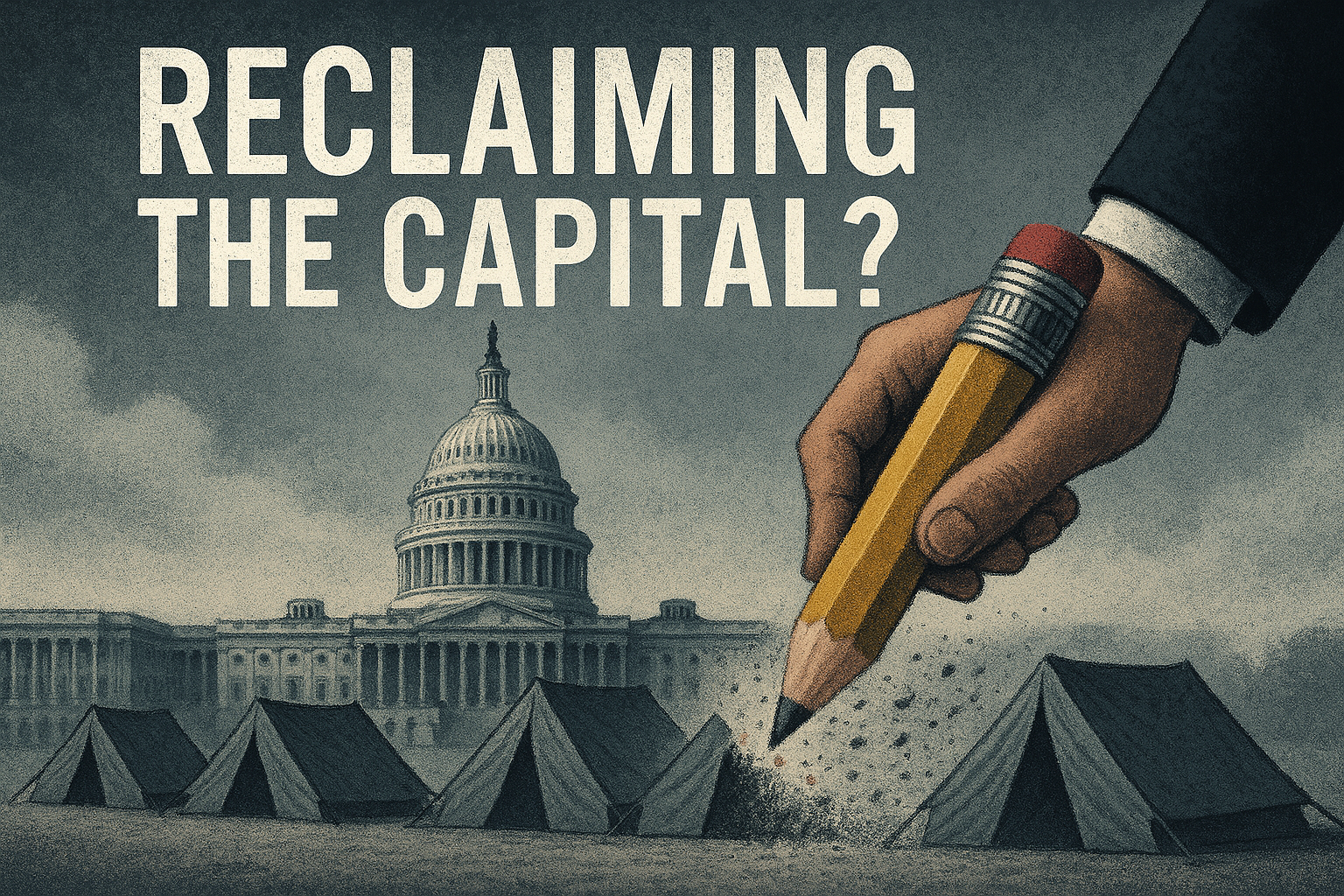
Trump Vows to Clear D.C. Homeless Camps in Federal Crackdown
Donald Trump has unveiled a controversial and aggressive plan to use federal authority to clear homeless encampments from the streets of Washington, D.C., framing the city’s “tent cities” as a symbol of urban decay that demands decisive action. The Trump D.C. homeless camps plan would involve a massive federal intervention, bypassing local city government and employing a law-and-order approach to what has long been treated as a public health issue.
The proposal has ignited a fierce debate, pitting a vision of clean, orderly public spaces against concerns for the civil liberties and well-being of the city’s most vulnerable residents. This plan for federal intervention on homelessness represents a radical departure from current strategies and would set a powerful precedent for the rest of the country.
The “Law and Order” Approach to Homelessness
At the core of the proposal is a shift in philosophy: treating the homelessness crisis primarily as a matter of public order rather than social welfare. According to details of the plan, the strategy would involve:
- Clearing Encampments: A zero-tolerance policy for public camping, leading to the swift and decisive removal of all homeless encampments from federal land and public spaces in the District.
- Designated Relocation Sites: Moving individuals from these camps to large, federally-managed sites, potentially on military bases or other federal properties outside the city center.
- Mandatory Services: Conditioning shelter and food on participation in mandatory programs, which could include mental health treatment or substance abuse counseling.
“We will reclaim our capital city from the decay,” Trump said in a statement outlining the plan. “Our parks and sidewalks are not meant to be bedrooms. We will restore them to the people.”
A Clash with Local Government and Advocates
The plan immediately sets up a major clash with Washington, D.C.’s local government and homeless advocacy groups, who have long favored a “housing-first” approach that prioritizes providing permanent supportive housing and voluntary social services.
Critics are blasting the clearing encampments policy as cruel and counterproductive.
- Civil Liberties Concerns: The ACLU and other groups have raised alarms about the potential for forced relocation and the constitutionality of mandating treatment.
- Criminalizing Poverty: Advocates argue that this approach effectively criminalizes homelessness, punishing people for being poor and unsheltered rather than addressing the root causes of the crisis.
- Lack of Long-Term Solutions: Many experts believe that simply moving people from one location to another without addressing the lack of affordable housing and accessible healthcare will not solve the problem.
“This is a regressive, inhumane proposal that has been proven to fail,” said a spokesperson for the National Alliance to End Homelessness. “You cannot solve a housing crisis by arresting people who don’t have a house.”
The Broader Implications: A National Test Case
While the plan is focused on Washington, D.C., its implications are national. As the nation’s capital, D.C. often serves as a laboratory for federal policy. A successful implementation of this strategy in Washington could embolden other cities and a potential federal administration to adopt similar tactics nationwide.
The debate over the Trump D.C. homeless camps plan is, therefore, a debate about the future of American cities. It forces a choice between two fundamentally different visions: one that prioritizes order and the appearance of public spaces, and another that prioritizes the rights and rehabilitation of the individuals within them.
Conclusion: A City’s Vulnerable at the Center of a Political Battle
Donald Trump’s plan to clear Washington’s homeless encampments has drawn a clear line in the sand. It is a bold, controversial proposal that promises a swift solution to a highly visible problem, but at a potential cost that many advocates find unacceptable. The city’s most vulnerable residents are now at the center of a high-stakes political battle that will define the nation’s approach to its homelessness crisis for years to come.
